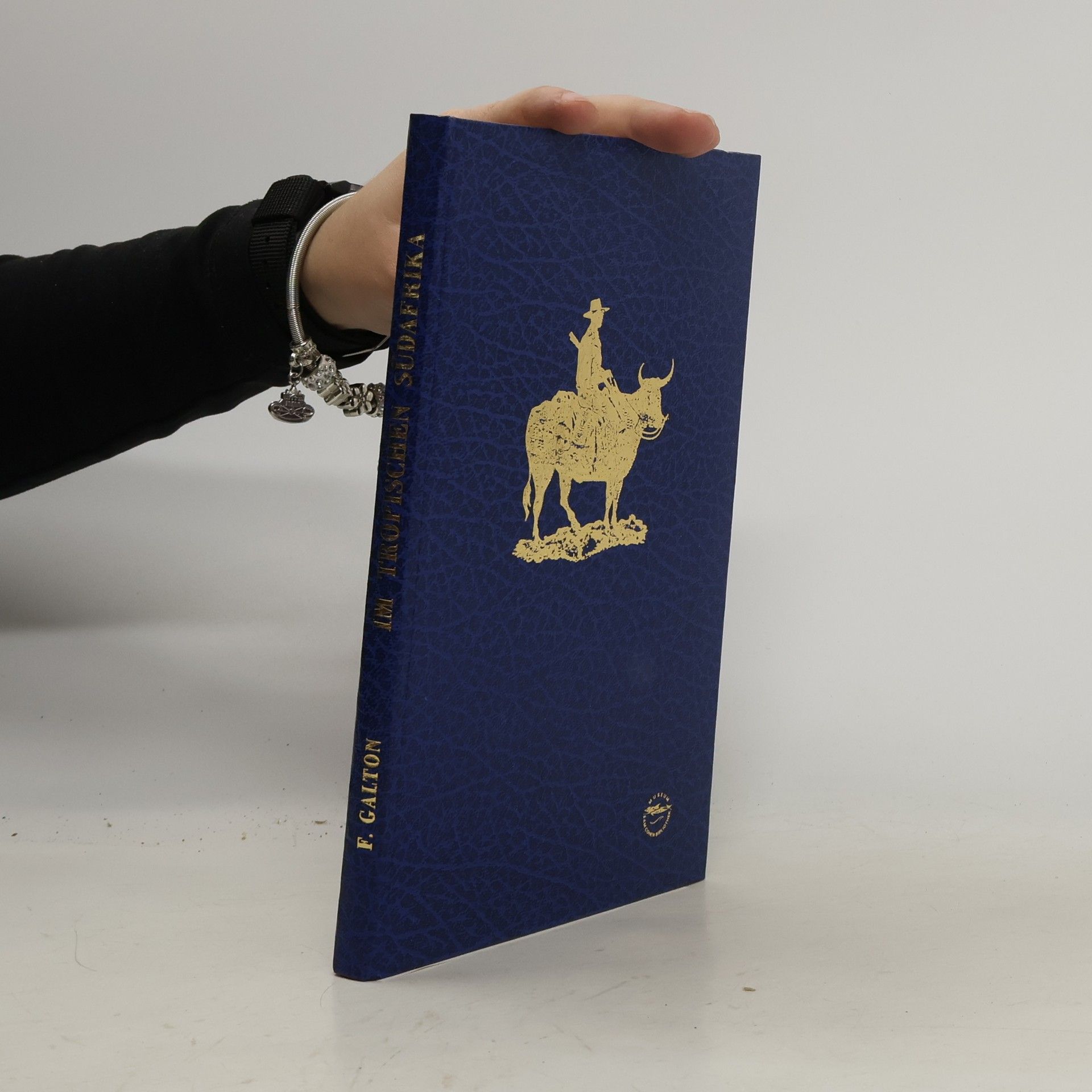The Art Of Travel
Or Shifts And Contrivances Available In Wild Countries
- 330 páginas
- 12 horas de lectura
Exploring the concept of travel, this book delves into the various methods and strategies for navigating wild and remote areas. It offers practical advice and insights into the challenges faced by travelers in unfamiliar terrains. The narrative combines personal anecdotes with broader reflections on the nature of exploration and adventure, emphasizing the ingenuity required to adapt to diverse environments. Readers will find a blend of travel philosophy and practical tips that illuminate the art of discovering new places.

